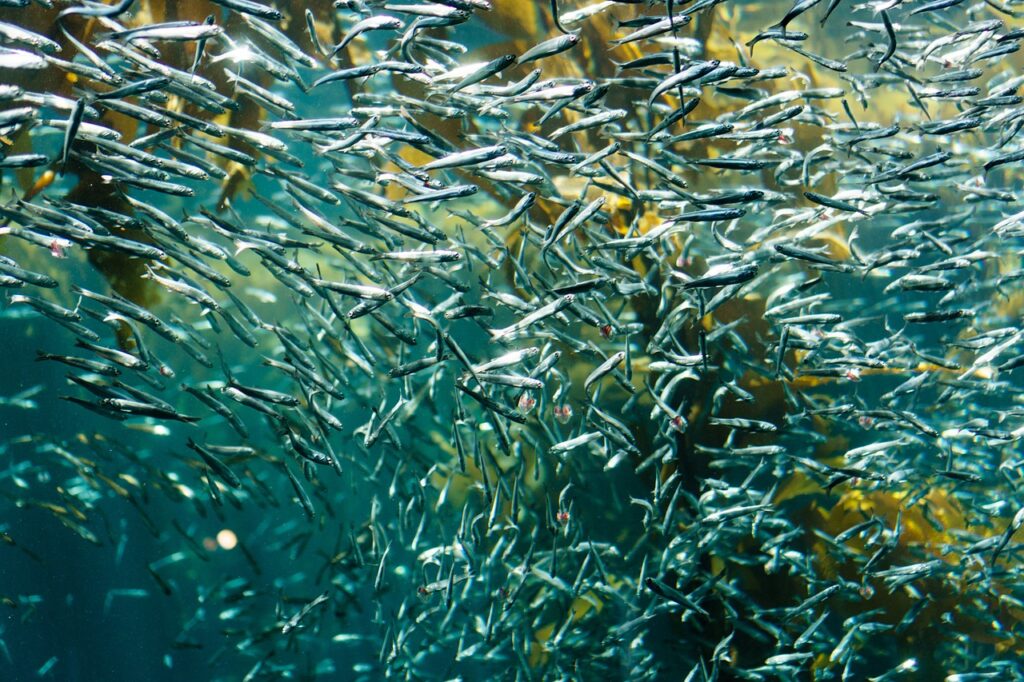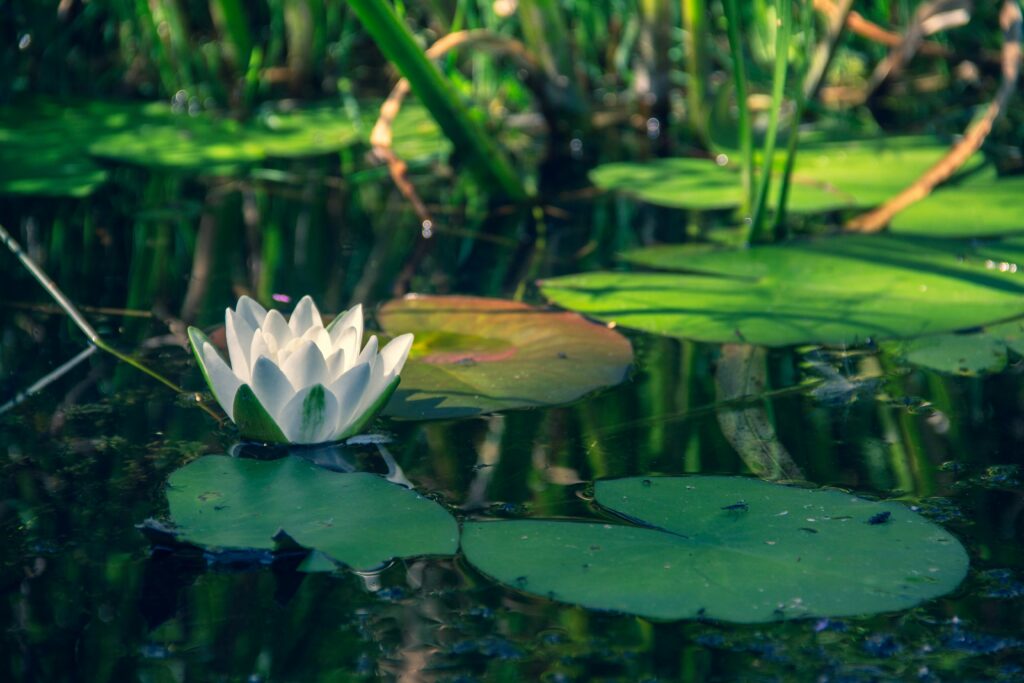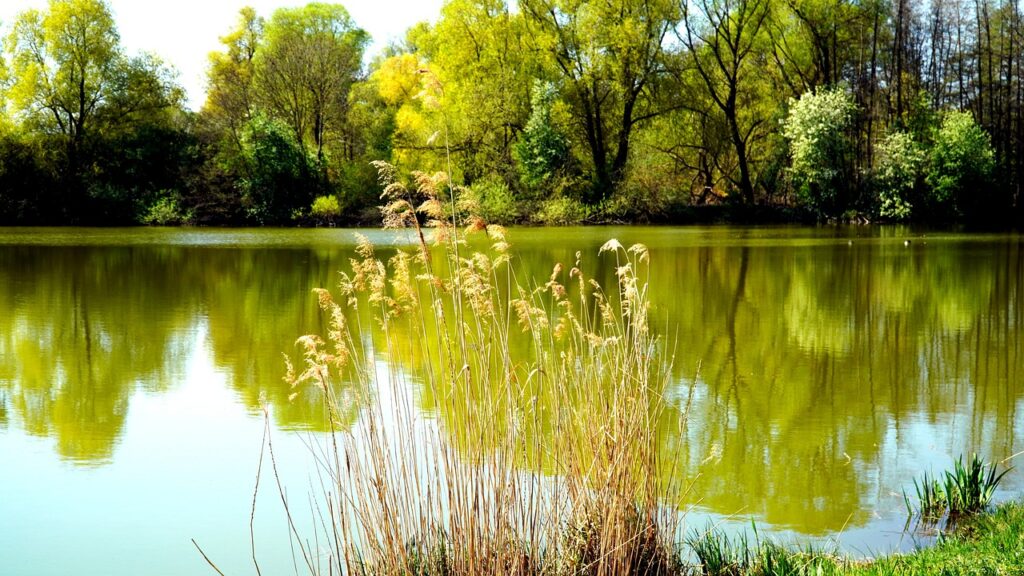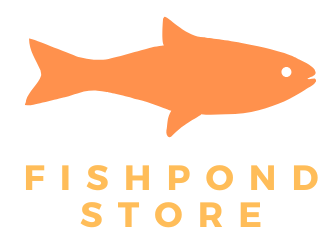You’re sitting by your pond, watching the graceful movements of your colorful fish, and you wonder, what is the best food to feed pond fish, what will enhance these magnificent creatures? Providing them with a nutritious and balanced diet is crucial for their growth and overall well-being.
We will explore today, the various options available and help you understand the ideal food choices for your pond fish, ensuring they thrive in their aquatic habitat.
Types of Pond Fish
When it comes to pond fish, there are several popular varieties that you can consider adding to your pond. The first is the elegant and graceful Koi fish. Known for their vibrant and striking colors, Koi fish are not only visually appealing but also quite hardy and easy to care for.
Another popular choice is the Goldfish. Available in a variety of colors, Goldfish are known for their peaceful nature and ability to adapt to various water conditions.
The next type of pond fish is the Mosquito Fish. As the name suggests, these tiny fish are excellent at keeping the mosquito population in check, making them a valuable addition to any pond.
Catfish are also commonly found in ponds. They are bottom-dwelling fish that help clean up the debris and leftovers, keeping your pond clean and healthy.
Lastly, there is Tilapia. Tilapia fish are known for their fast growth and ability to thrive in various water conditions, making them a popular choice for pond owners.
Natural Diet for Pond Fish
In their natural habitat, pond fish primarily rely on two main food sources – insects and plants. Insects and larvae make up a significant portion of their diet. They feed on mosquito larvae, small flies, and other aquatic insects that they find in and around the pond. Additionally, pond fish also consume various types of plants and algae. They nibble on plant matter, including aquatic vegetation and algae, to supplement their diet with essential nutrients.

Commercial Fish Food
While pond fish can survive on a natural diet, many pond owners choose to supplement their fish’s diet with commercially available fish food. These fish foods come in different forms and offer a convenient way to provide a well-balanced diet to your pond fish.
The most common types of commercial fish food are pellets, flakes, and sticks. Pellets are compacted nuggets of fish food that sink slowly, allowing fish to feed at various depths. Flakes, on the other hand, float on the water’s surface and are easily consumed by fish. Sticks are long, cylindrical pieces of fish food that also float and can be easily eaten by the fish.
Considerations for Choosing the Best Food
When selecting the best food for your pond fish, there are several factors to consider. First and foremost, you need to consider the species of fish in your pond. Different fish species have varying dietary requirements, and it’s essential to choose a food specifically formulated for their needs.
Secondly, take into account the size and age of your fish. Young fish may require smaller-sized food pellets, while larger fish can handle larger pellets or flakes. Additionally, the season and water temperature play a significant role in determining the type of food your pond fish need. Fish have higher metabolic rates in warmer water, so they may require more food during summer months compared to winter.

Nutritional Requirements for Pond Fish
In order to maintain optimal health and growth, pond fish require a well-balanced diet that includes various essential nutrients. These nutrients include proteins, fats, carbohydrates, vitamins, minerals, and fiber.
Protein
Proteins are vital for the growth and development of pond fish. They provide essential amino acids that fish cannot produce on their own. Look for fish foods with a high protein content to ensure your fish receive the necessary nutrition.
Fats
Fats are an excellent source of energy for pond fish. They help them maintain a healthy weight and provide essential fatty acids. Fish foods containing fish oil or vegetable oils are good sources of fats.
Carbohydrates
Carbohydrates are another source of energy for pond fish. Wheat germ is a common carbohydrate source found in fish food. It provides a slow-release of energy and aids in digestion.
Vitamins and Minerals
Vitamins and minerals are essential for overall fish health and immune function. Vitamin C helps boost fish immunity, while vitamin E aids in reproductive health. Calcium and phosphorous are necessary for strong bones and proper metabolic function, respectively.
Fiber
Fiber plays a crucial role in aiding digestion in pond fish. It promotes healthy gut function and prevents constipation. Look for fish foods that include fiber-rich ingredients to ensure your fish’s digestive health.
Protein Sources for Pond Fish
Fish meal is one of the primary protein sources used in fish food. It is made from processing fish, removing the oils, and drying it into a powder. Shrimp meal is another popular protein source, providing essential amino acids to support healthy growth. Soybean meal is a plant-based protein alternative that is often used in vegetarian or herbivorous fish diets.

Fats and Carbohydrates in Fish Food
Fish oil is a common source of fats in fish food. It provides essential fatty acids like omega-3 and omega-6, which promote cardiovascular health and contribute to a shiny coat in fish. Vegetable oils, such as soybean oil or corn oil, are also used as fat sources in fish food. Wheat germ is a common carbohydrate source, providing a slow-release of energy to pond fish.
Importance of Vitamins and Minerals
Vitamins and minerals are crucial for the overall health and well-being of pond fish. Vitamin C, in particular, plays a vital role in supporting fish immune function. It helps reduce stress and aids in the healing of wounds. Vitamin E is essential for reproductive health in fish, supporting the production of healthy eggs and sperm. Calcium and phosphorous are necessary for maintaining strong bones and proper metabolic function in pond fish.
Feeding Frequency and Portion Sizes
Understanding the proper feeding frequency and portion sizes is vital for maintaining the health of your pond fish. Generally, it is recommended to feed your fish once or twice a day, depending on the temperature and the activity level of your fish. In warmer weather, fish have higher metabolic rates and may require more frequent feeding.
However, it is crucial not to overfeed as excess food can pollute the water and harm the fish. Begin with a small amount of food and monitor how quickly your fish consume it. Adjust the portion size accordingly, ensuring all the food is eaten within a few minutes.
Supplementing the Diet
While commercial fish food provides a balanced diet for pond fish, supplementing their diet with live or frozen foods can offer additional nutritional benefits. Live foods such as worms or insects can be a fantastic treat for your fish. They provide natural variety and stimulate natural feeding behavior.
Frozen foods such as bloodworms or brine shrimp are convenient options that offer similar nutritional benefits as live foods but without the hassle of keeping live food cultures. Additionally, some pond fish may enjoy vegetables as part of their diet. Peas, lettuce, and spinach can be blanched and offered as occasional treats.
Taking the time to understand the nutritional needs of your pond fish and providing a well-balanced diet is crucial for their health and longevity. By selecting the right fish food, considering the nutritional requirements, and supplementing their diet with natural treats, you can ensure that your pond fish thrive and bring joy to your pond for years to come.
